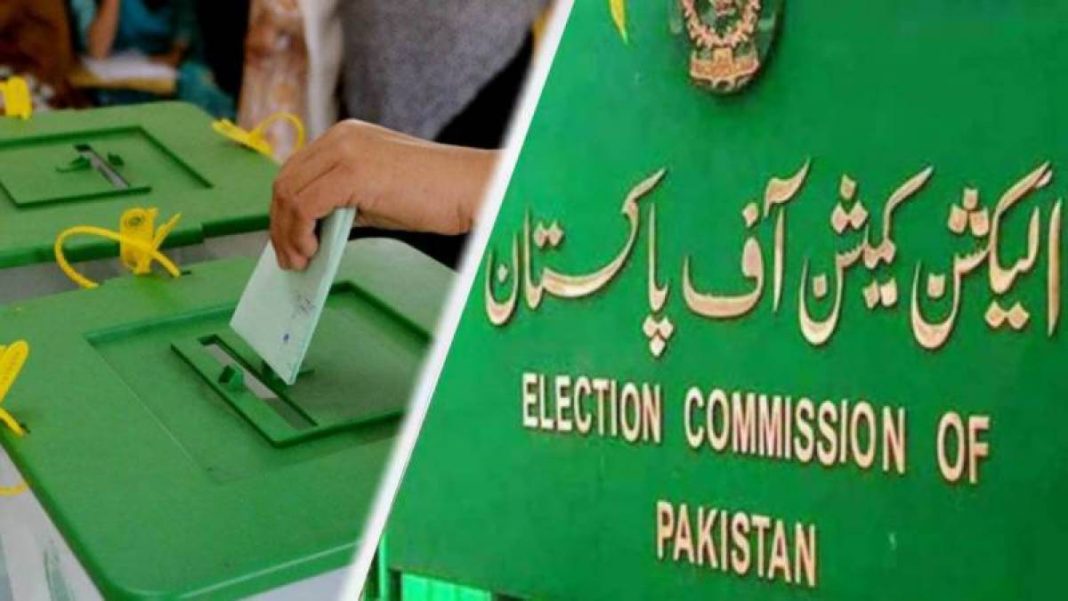ISLAMABAD: In the wake of Faizabad Dharna implementation case, which is set to be revisited by the Supreme Court next week, the Election Commission of Pakistan (ECP), one of the respondents in the case, submitted its report to the top court on Thursday. The report clearly states that the Tehreek-e-Labbaik Pakistan (TLP) was not found to be engaged in any “anti-state activity.”
In a concise three-page response to the apex court, the election watchdog highlighted that the clearance of TLP from the aforementioned allegations was based on a report submitted by the Ministry of Interior and its affiliated agencies, as reported by Express News.
The Ministry of Interior and the National Counter Terrorism Authority (NACTA) submitted reports, and after careful review, the Election Commission determined that TLP had no involvement in “anti-state activity” or “terrorism.”
Furthermore, the ECP clarified that with these findings, the potential designation of TLP as a proscribed organisation was dismissed.
Additionally, the Election Commission of Pakistan revealed that TLP had received a sum of Rs1.5 million, which was duly recorded in their official account.
The report argued that if there had been any suspicion about the source of this income, suggesting it might have been obtained through prohibited funding, TLP would not have disclosed it. It was also noted that for TLP, this amount of Rs1.5 million was considered insignificant.
The Faizabad sit-in case, presided over by the incumbent Chief Justice of Pakistan (CJP), Justice Qazi Faez Isa, marked a significant moment in Pakistan’s political history. During this case, the Supreme Court brought intelligence agencies into focus, citing their alleged failure to prevent the rise of violent extremism.
Justice Isa has taken on the challenging task of ensuring the implementation of his 2019 judgment in the Faizabad Dharna case. He has asserted that “there will be no future for Pakistan without accountability.” His statements during the case proceedings underscore his unwavering commitment to see action taken in line with the sit-in judgment, raising questions about the role of the security establishment in shaping national politics.
The chief justice’s remarks have ignited a debate regarding whether the Supreme Court, under Justice Isa’s leadership, will succeed in holding individuals from the security establishment accountable, who are alleged to have overstepped their constitutional mandate.
In contrast to his predecessors, CJP Isa has consistently demonstrated courage and a willingness to question powerful circles, despite facing significant repercussions for doing so.
The Supreme Court is scheduled to resume its hearing on November 1, having directed various respondents, including ECP and PEMRA, to submit their implementation reports by October 27. –Agencies




